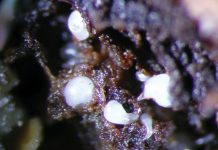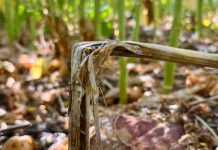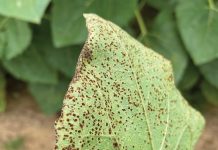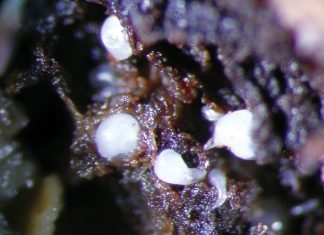
Wheat is one of the major crops cultivated globally, with annual production exceeding 750 million metric tons. Although this is a major crop, production is low. With most wheat produced under rain-fed conditions in South Africa, yields are only between 2 t/ha and 4 t/ha. Low production is mostly the result of heat and drought stress during cropping, especially in areas where wheat is planted during winter. Stress does not only affect yield, but also results in poor grain quality.
Trial in the Free State
Recently, a trial was carried out in the Wesselsbron area of the Free State, testing a chemical specifically formulated to mitigate the effects of stress and to improve yield and grain quality. This chemical is commonly known as PANAF 10 and was formulated by Pan African Farms. PANAF 10 contains a mixture consisting of a natural plant growth substance, namely salicylic acid; vitamins C and E; as well as the essential amino acid, tryptophan. All of these substances were documented in scientific literature to play essential roles in plants to improve their ability to withstand abiotic stresses, such as heat and drought, when applied exogenously. These chemical substances are encapsulated into a liposomal formulation called ANODS (amphiphilic nano oil delivery system). ANODS was shown to markedly improve the efficacy of chemical substances by improving uptake into living cells of organisms.
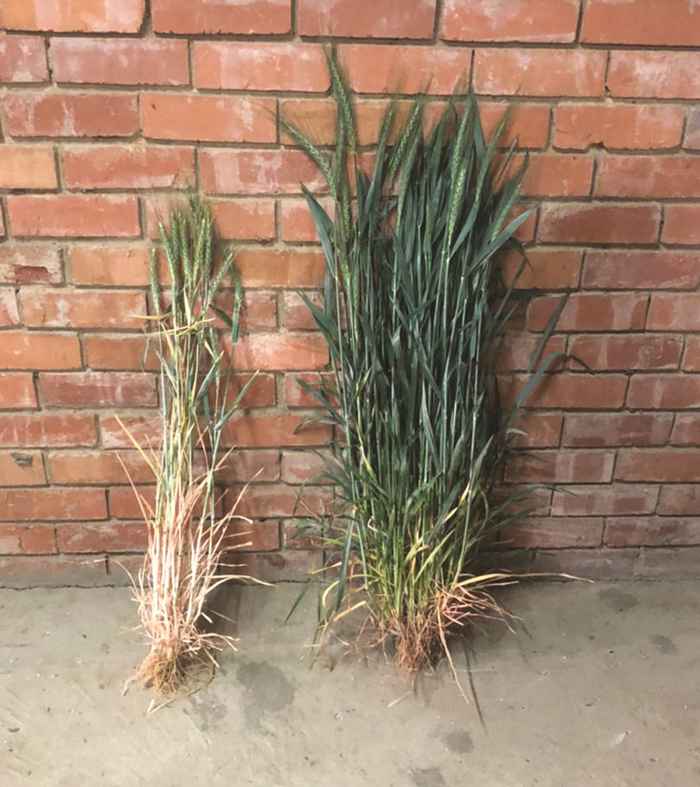
The trial area was planted in the beginning of July 2022. No rainfall occurred from the end of July until mid-October 2022, leading to low moisture availability in the sandy soils the grain was planted in. Maximum temperatures mostly exceeded 30 °C during early spring when flowering and grain fill occurred, creating ideal conditions for heat and drought stress.
For the untreated control plants yield was low, with 2,9 t/ha obtained. For the wheat treated with PANAF 10, yield was improved to 6,2 t/ha. The average mass of wheat grains were improved significantly from 36,7 mg/grain for the control to 46,3 mg/grain for the treated plants – a 21% improvement. This improvement in wheat grain mass resulted in a significant improvement in the mass of superior wheat grains. The treated wheat plants were also found to be more vigorous and there was an indication that the PANAF 10 application also improved the protein content of the wheat plants.
PANAF 10 is therefore an agrochemical that shows huge potential as a plant growth substance to improve growth, yield and grain quality of wheat planted during winter and subjected to stress. The results of these trials will be used to register PANAF 10 as a growth substance under the Agriculture Remedies Act (Act No. 36 of 1947).



